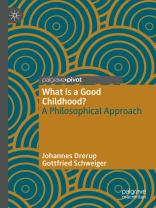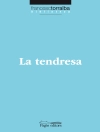This book deals with the question of what is a good life for children. It argues that a good childhood is one in which:
- a child is sufficiently provided with all the goods it needs to develop into an autonomous person
- a child is sufficiently provided with the goods it needs for its well-being
- sufficient space is given to a child´s will, wishes, concerns and projects
The book not only develops a new theoretical conception of a good childhood and defends it against objections, it also engages with the problem how a good childhood can be realized in the context of families as well as the institutions of liberal states. In so doing it provides numerous insights into central themes and key issues of the philosophy of childhood.
What is a Good Childhood? is essential reading for all scholars and researchers of ethics, social and political philosophy and philosophy education, especially those focusing on the philosophy of childhood.
Inhaltsverzeichnis
1. Introduction.- 2 Children and Childhoods.- 3 Core Elements of a Good Childhood. 4. Children, Parents, and Families.- 5. Childhoods in the Liberal State.- 6. Conclusion and Outlook.
Über den Autor
Johannes Drerup is a professor for philosophy of education and educational theory at TU Dortmund University as well as a guest professor at VU Amsterdam. Gottfried Schweiger is a senior scientist at the Centre for Ethics and Poverty Research at the University of Salzburg.












